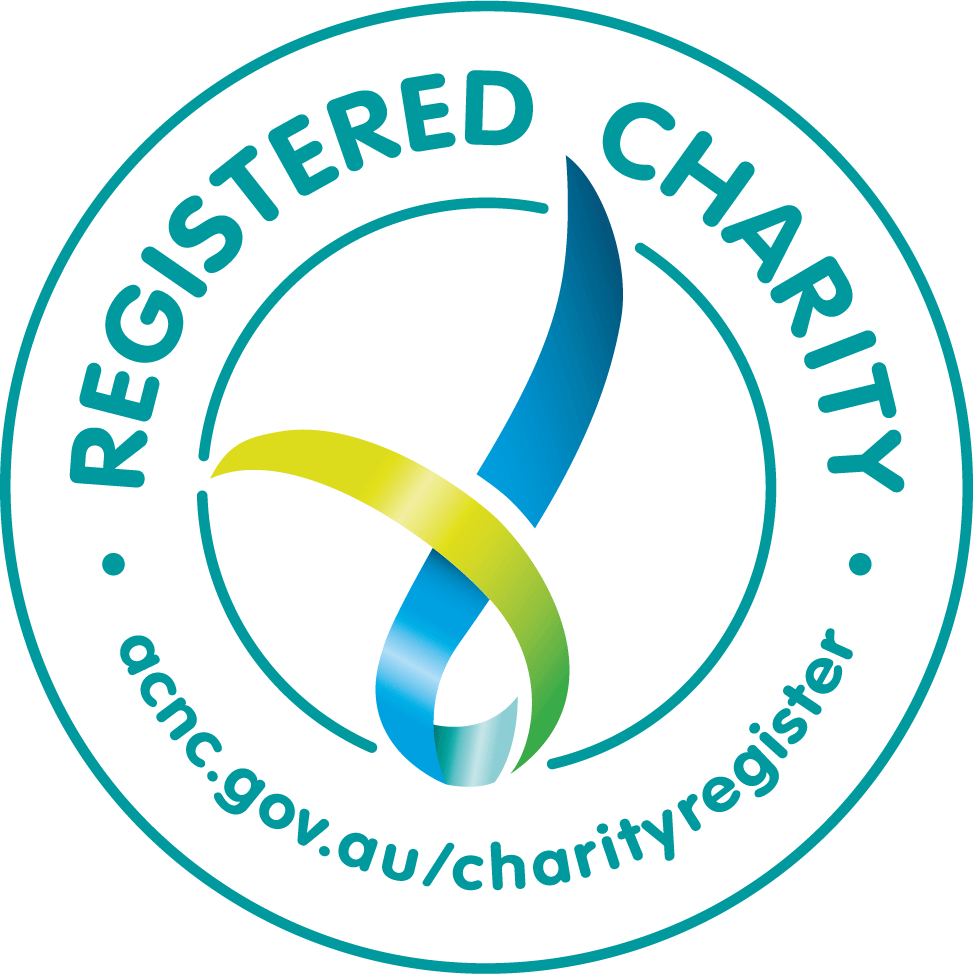Give Voice
Lauren Hamill, Senior Speech Pathologist, Sydney Children’s Hospital, Randwick

Speech pathologists study, diagnose and treat speech, language and communication disorders, including difficulties with speaking, listening, understanding language, reading, writing, social skills, stuttering and using voice. With 1 in 6 children in Australia living in poverty, health professionals working in every level of health care can play an important part in tackling health inequalities by addressing unmet social needs as a part of routine clinician practice. However, identifying and addressing unmet needs, also known as the social determinants of health (SDH), has traditionally been seen as ‘out of scope’ for speech pathologists.
This Research project led by Lauren Hamill is aiming to change this through addressing the SDH that may prevent children from reaching their communication, and life, potential and investigating ways to redesign clinical practice. As part Give Voice, Lauren and her team have examined the need, feasibility and acceptability of implementing a systematic, routine, unmet social needs identification and referral pathway in an urban Australia paediatric speech-language pathology community outpatient service.
The Challenge
The social determinants of health (SDH) are the conditions in which people are born, grow, work, live, and age. Examples include access to healthy food, education, income, housing and the physical, political and social environment within which people belong. Despite SDH screening being recommended for all health professionals, preliminary research conducted by the project team showed that in the field of speech pathology there is a gap between identifying and addressing the SDH and routine clinical practice.
How this project will help?
There is a growing body of evidence to support the argument that if you teach clinicians how to identify unmet social needs in a respectful way and support families to address these needs, a significant difference can be made to the quality of care provided and ultimately patient outcomes. This research project aims to contribute to this body of evidence by undertaking a mixed method feasibility study to determine whether it is practical and acceptable to use a SDH screening and referral tool to identify and address any unmet needs in the context of paediatric speech pathology.
“Speech pathologists aren’t trained to ask about housing, food and bills and poverty can sometimes be invisible so we need to find a way to identify when families are struggling because research tells us if we find a way to ask about unmet basic needs then the impact can be life changing.” – Lauren Hamill
When a child improves their ability to communicate, their wellbeing, resilience, safety, health, and life outcomes improve. This in turn increases their capacity to learn and keep themselves safe, reducing their immediate and long-term vulnerability. This project is a strong example of speech pathologists forging away from siloed treatment pathways and investigating an integrated care pathway for vulnerable children and their families. This can only be achieved in collaboration with other health professionals and community partners, with child and family centred outcomes as the focus. As well as ultimately resulting in better quality of care for patients and maximising positive outcomes for children seeking help from speech pathologists.
Impact over the first year
The pilot paper that informed the need for Give Voice has been published in the International Journal of Speech-Language Pathology in their special issue on Sustainable Development Goals (SDGs). There was a worldwide callout for papers for this issue and Give Voice was one of only a few Australian papers that was selected. Give Voice aligns with 9 of the 17 SDGs and is the first study of its kind by Speech and Language Pathologists globally to address unmet social needs.
What next?
At this stage the Give Voice team are still progressing with their systemic review. The team are also looking into opportunities to scale up this project within Sydney Children’s Hospitals Network and across NSW Health. This will greatly improve the quality of care of the children we support and showcase the effectiveness of the tool.
“On behalf of the Give Voice team, I’d like to extend my sincere thanks for the overwhelming support we’ve received. This will ensure we can continue to partner with parents/carers so that children can thrive. We know this work will transform outcomes for so many children.”
- Lauren Hamill




